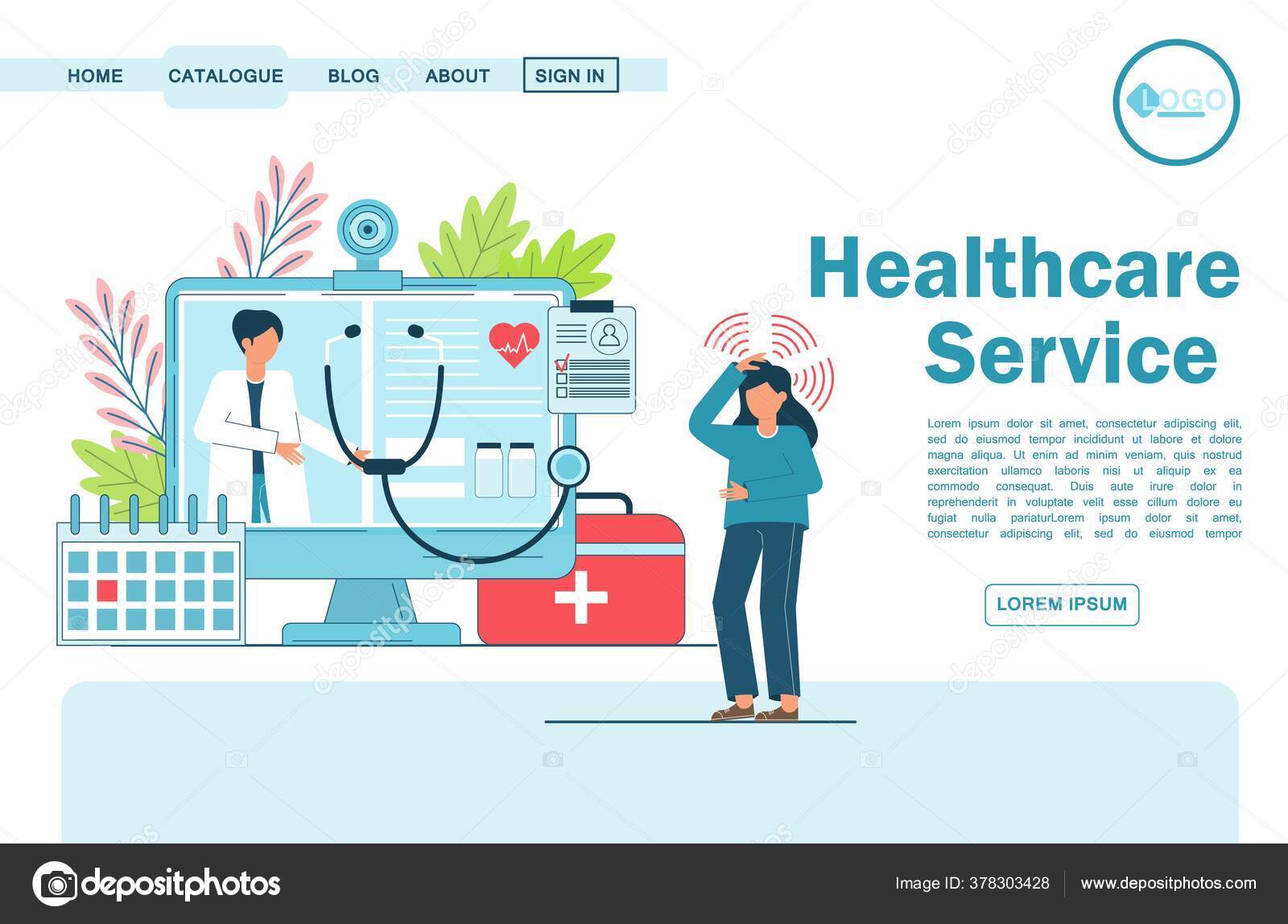Browsing the Future of Medicine With Subscription-Based Medical Care Services
As the health care sector evolves, subscription-based solutions become a pivotal model assuring to improve individual treatment delivery. With the prospective to provide structured, affordable services via foreseeable prices and customized focus, these services stand at the leading edge of modern-day medical technology. As we consider their surge, one have to ponder the effects of incorporating such systems into existing healthcare structures. What difficulties do they position in terms of information safety and security and equitable access, and exactly how might they redefine the patient-provider relationship? The response to these inquiries can fundamentally change our strategy to healthcare.
Rise of Membership Medical Care
As health care systems all over the world face enhancing pressures from rising prices and need for services, the advent of subscription-based healthcare models has become a transformative pattern. This ingenious method is interfering with typical medical care delivery by using a predictable, flat-rate settlement structure for medical services. Rooted in the concepts of concierge medication, subscription-based health care enables providers to concentrate on tailored patient treatment while concurrently taking care of operational performances.
The surge of this model can be connected to numerous variables. Technological developments have actually allowed much more seamless combination of care via telehealth and electronic wellness records, assisting in the scalability of registration services. The enhancing consumer demand for transparency and predictability in health care costs has driven the shift in the direction of this version. Subscription-based services usually offer direct access to health care professionals, which can lower the administrative concerns related to insurance claims and compensations (subscription based healthcare).
This version is gaining traction amongst varied healthcare suppliers, from main treatment physicians to specialized clinics, by aligning financial incentives with continual and preventive treatment. By shifting the emphasis from volume to value-based care, subscription health care has the possible to improve the landscape, fostering a more patient-centered and lasting approach to health monitoring.
Advantages for Clients

Furthermore, subscription-based services usually stress preventive care, urging routine exams and health testings. This proactive technique can result in very early discovery of health and wellness concerns, possibly boosting end results and reducing long-term healthcare expenses for individuals. Such models normally offer transparent prices, enabling clients to much better understand their healthcare costs and prevent unexpected clinical costs.
The personalized nature of subscription-based health care likewise boosts individual experience. Individuals can get customized medical care plans that match their certain needs, promoting a more patient-centric method.
Innovation's Role in Improvement

Synthetic intelligence (AI) plays a crucial function in predictive analytics, assisting in early diagnosis and customized treatment plans. AI algorithms evaluate vast datasets to determine patterns that may be ignored by human observation, therefore enhancing scientific decision-making. Digital wellness documents (EHRs) enhance patient details monitoring, ensuring connection and comprehensibility of care across different services and providers.
Blockchain innovation boosts data safety and security and personal privacy, important for maintaining individual trust fund in electronic platforms. It enables clear and secure transactions of clinical data, making certain that sensitive info continues to be secured. With the assimilation of artificial intelligence and AI, blockchain can automate complex medical care processes, lowering administrative worries.
Challenges and Factors To Consider
While innovation thrusts the capabilities of subscription-based health care services, it also presents helpful site a set of difficulties and factors to consider that should be dealt with to make sure effective implementation. find out this here One substantial obstacle is the fair accessibility of these solutions.
Information personal privacy and protection represent another crucial consideration. Subscription-based solutions typically involve the collection and storage of substantial quantities of personal health details. Providers must stick to stringent data protection laws to keep client trust and avoid unapproved access, which could bring about considerable moral and legal effects.
In addition, the sustainability of membership models poses a difficulty. As medical care requires evolve, preserving an affordable equilibrium in between membership charges and solution top quality is important to avoid individual discontentment and attrition. Integrating these solutions within typical healthcare systems requires seamless interoperability between systems, which is frequently a facility and resource-intensive endeavor. Attending to these obstacles is vital as subscription-based healthcare services remain to advance and expand.
Future Effects for Medication
Subscription-based health care solutions are positioned to considerably affect the future landscape of medicine by reshaping how care is accessed and delivered. These models supply the prospective to equalize healthcare accessibility, offering clients with even more prompt and customized treatments. By leveraging technology, such as telemedicine and information analytics, membership solutions can help with continual tracking and tailored wellness administration, therefore improving outcomes and reducing the worry on conventional health care systems.
As these solutions gain grip, they can stimulate a shift towards preventative care, emphasizing the importance of very early detection and management of persistent problems. This aggressive approach may eventually decrease healthcare prices by reducing the need for pricey therapies occurring from late-stage disease monitoring. In addition, membership models provide a scalable option see this page to attend to disparities in health care accessibility, specifically in country or underserved populaces.
However, the shift in the direction of subscription-based versions requires dealing with honest and regulatory considerations, including information personal privacy and equitable access. As the sector develops, collective initiatives in between policymakers, innovation developers, and doctor will be important to developing durable structures that protect person passions while cultivating technology. Inevitably, these services promise to contribute substantially to a more effective, patient-centered medical care environment.

Conclusion
Subscription-based medical care services stand for a considerable advancement in the clinical field, using predictable expenses and customized care that enhance accessibility and prioritize preventive steps. As the healthcare landscape progresses, subscription versions are poised to play a crucial function in shaping the future of medicine.
As the health care market advances, subscription-based solutions arise as a critical version promising to improve person treatment shipment.As healthcare systems around the globe face raising stress from increasing prices and demand for services, the arrival of subscription-based health care versions has emerged as a transformative fad (subscription based healthcare).With the surge of subscription-based medical care models reshaping typical health care distribution, people are starting to experience considerable advantages from this cutting-edge approach. As healthcare needs develop, preserving an affordable equilibrium in between registration charges and service quality is vital to protect against client discontentment and attrition.Subscription-based healthcare solutions are positioned to dramatically affect the future landscape of medication by improving how care is accessed and supplied